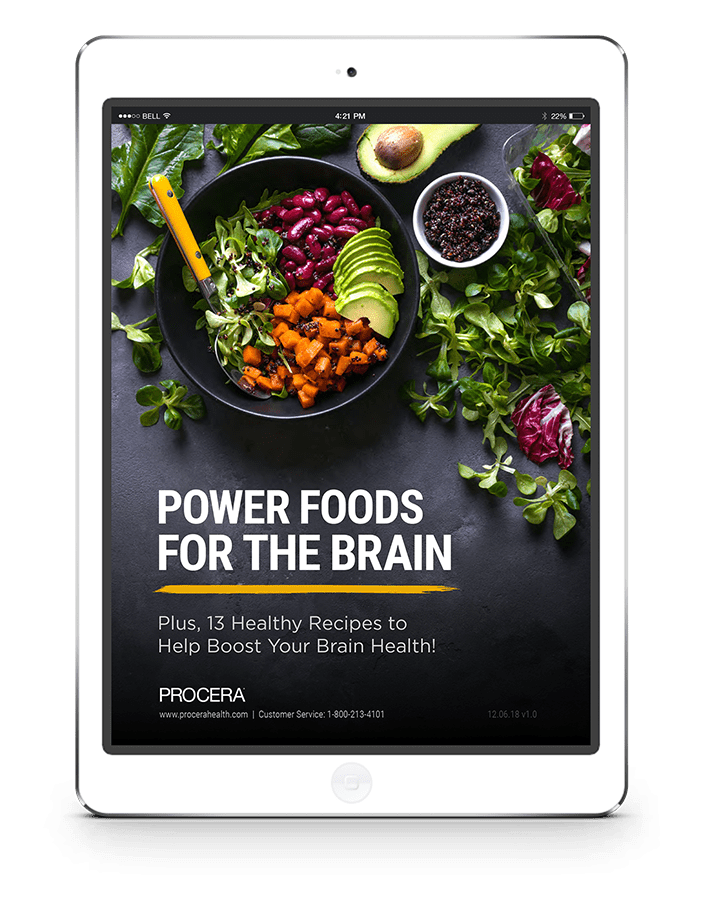
For men and women, nutritional requirements change throughout your life. Whether you’re a young adult trying to maintain optimal health or in your 80s trying to prevent degenerative conditions, it is crucial to consider your specific nutritional needs. Meeting your nutritional needs through a healthy and balanced diet is ideal, however, nutrient deficiencies are common and many of us require additional support. For example, over 40% of individuals are vitamin D deficient, and many don’t obtain the minimum requirements of magnesium, potassium, and other essential nutrients each day.
Supplementing with certain nutrients may help fill the gaps in your diet and promote better overall health, no matter your age. In honor of father’s day, we’ll discuss some of the common nutrients lacking in men’s diets and ways in which they can fill those gaps.
Men in their adolescent years
The adolescent years are a critical time for bone development. Therefore, adequate dietary intake of certain nutrients, such as calcium and vitamin D, is necessary. For individuals struggling to obtain enough of these essential nutrients through diet alone, adding a supplement may be beneficial.
Men in their 30s and 40s
After age 30, men’s testosterone levels gradually decline by as much as one to two percent every year. In fact, at least 40% of men over the age of 45 are considered to have low testosterone (below 300 ng/dL). As testosterone levels drop, men may notice symptoms such as decreased stamina, weight gain, low energy levels, muscle loss, or decreased libido. Eating a healthy diet, supplementing with key nutrients, and engaging in regular physical activity can all help maintain testosterone levels.
Men in their 70s and beyond
Older adults are at a high risk of nutritional deficiency, often due to decreased activity levels, slower metabolism, reduced caloric needs, the use of medication, and other health conditions. Age-related loss of muscle mass and function, called sarcopenia, also contributes to a lower resting metabolic rate in adults. Research has indicated that nutrient absorption and utilization decreases as individuals age.
The following supplements support healthy aging in men. Many these ingredients can be found in Procera Health’s products at www.procerahealth.com:
1. Curcumin - the main active compound in turmeric — has been shown to possess powerful cellular protective properties, which are attributed to its potent antioxidant effects.
A process called cellular senescence occurs when cells stop dividing. Research demonstrates that curcumin activates certain proteins that help promote longevity.
2. CoQ10 - Coenzyme Q10 (CoQ10) is an antioxidant that your body produces. It plays an essential role in energy production and protects against cellular damage. Research suggests that levels of CoQ10 decline as you age. Supplementing with it has been shown to improve certain aspects of health in older individuals.
3. Vitamin C - Vitamin C functions as a powerful antioxidant in your body, helping to protect cells from oxidative damage. It also plays important roles in immune function, inflammation regulation, and many other processes that are essential to healthy aging. This is why you should maintain an optimal intake of this vitamin to support health and protect against age-related conditions.
4. Collagen - as you age, the production of collagen — a protein that helps maintain skin structure — slows, leading to accelerated signs of aging like wrinkles. Some research suggests that supplementing with collagen may reduce signs of aging, including wrinkles and dry skin which contribute to premature aging.
5. Theanine - L-theanine is an amino acid concentrated in certain teas, including green tea.
Some research indicates that supplementing with L-theanine may help improve brain function in middle-aged adults and protect against age-related liver dysfunction, oxidative stress, and inflammation.
6. Rhodiola - this medicinal plant has potent anti-inflammatory properties. Several animal studies suggest that rhodiola may help promote longevity.
7. Resveratrol - Resveratrol is a polyphenol antioxidant found in grapes, berries, peanuts, and red wine that may promote longevity by activating certain enzymes called sirtuins. Studies indicate that this compound may increase life span.
In addition to following a healthy diet and lifestyle, taking certain supplements may help slow the aging process and promote a long, healthy life. Curcumin, collagen, CoQ10 and vitamin C are just a few of the ingredients that have been shown to offer age-supportive effects. To learn more, go to www.procerahealth.com.








.png?width=1350&name=Procera%20Logo%20W%20Tagline%20White%20(3).png)
Comments
Add Comment